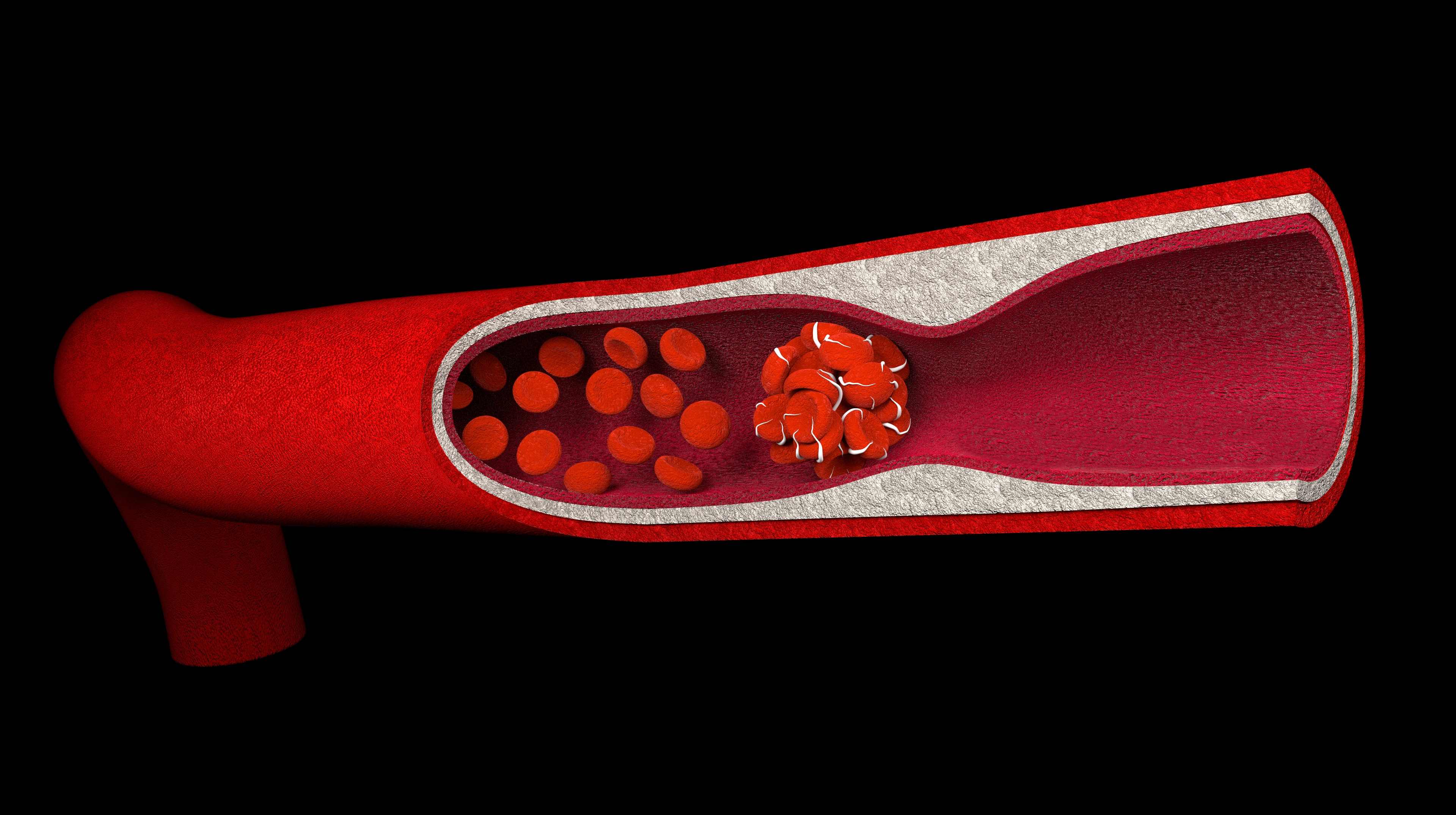Lung Fibrosis in Mice Slowed by Protein Blocking Blood Coagulation
Written by |

Researchers from The Netherlands found that mice producing high levels of protein C which prevents blood coagulation, develop less severe pulmonary fibrosis; and the milder disease course is linked to lower numbers of immune cells in the lung.
The study, “High endogenous activated protein C levels attenuates bleomycin-induced pulmonary fibrosis,“ published in the Journal of Cellular and Molecular Medicine, demonstrated a role in the body’s system for controlling blood coagulation in lung fibrosis, and suggests that Protein C or other molecules in this pathway might be explored for new therapies against fibrosis.
Uncontrolled wound healing responses are believed to lie at the root of fibrosis development. Such processes include many molecules responsible for blood coagulation, which are tightly linked to inflammatory processes.
Patients with lung fibrosis often have an activation of factors promoting blood coagulation, and suppression of factors that strive to control it. According to earlier studies, blocking the blood coagulation in animals reduces fibrosis — possibly because of the anti-inflammatory actions of some of the involved proteins.
To explore if manipulation of the coagulation system can affect the development of fibrosis, researchers at the Academic Medical Center in Amsterdam, The Netherlands, engineered a mouse producing high levels of the anticoagulant Protein C which has anti-inflammatory properties and protects blood vessels from damage.
Researchers exposed mice to bleomycin, which triggers fibrosis, and then followed two groups of mice – one with the protein C and the other without.
After two weeks, both groups of mice developed lung fibrosis to the same degree – but then the disease paths diverged. Normal mice experienced worse disease after the two weeks, and rising levels of the pro-fibrotic factor TGF-β.
On the other hand, the mice with high levels of Protein C did not develop more severe fibrosis. Their TGF-β levels were only slightly elevated; and showed about 50% fewer inflammatory cells in the lungs compared to the normal mice.
The research team concluded: “high endogenous APC [activated Protein C] levels inhibit the progression of bleomycin-induced pulmonary fibrosis and that APC modifies pulmonary fibrosis by limiting thrombin-dependent macrophage recruitment.”






